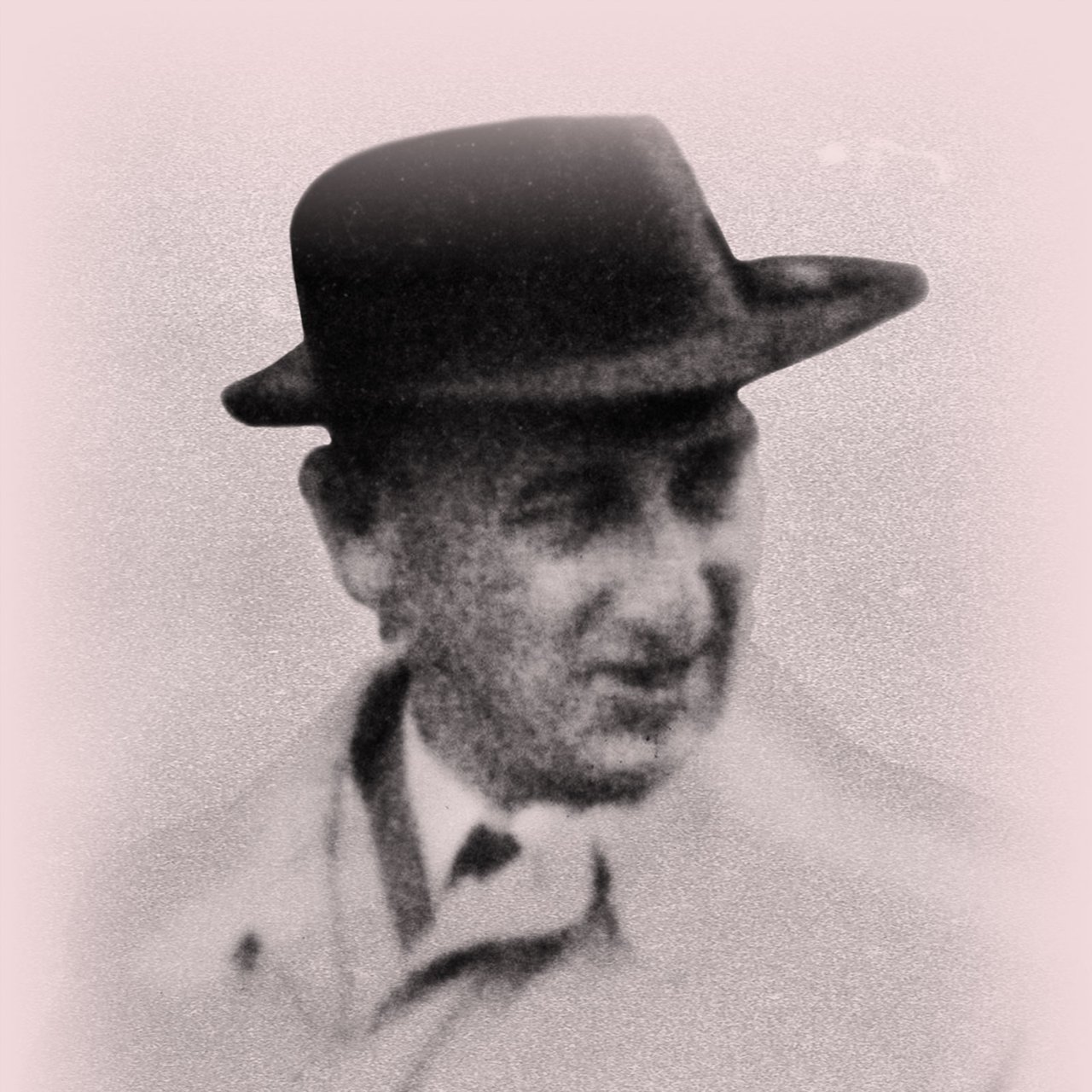Hermann van Pels was born in the German city of Osnabrück. His father's family originally came from Groningen (the Netherlands). As a result, Hermann had the Dutch nationality.
On 25 December 1925, Hermann married Auguste Röttgen. We do not know how the two met. Just a year later, their son Peter was born. From 1932 onwards, Hermann worked as a representative for his father's company. The company traded in butcher's supplies.
In 1937, Hermann and Auguste decided to leave Osnabrück. They did not see a future for themselves in Hitler's antisemitic Germany. Hermann and Auguste decided to go to the Netherlands. Over the following years, Hermann's father, brother, and three sisters would follow them to Amsterdam. The Van Pels family lived close to the Frank family.
